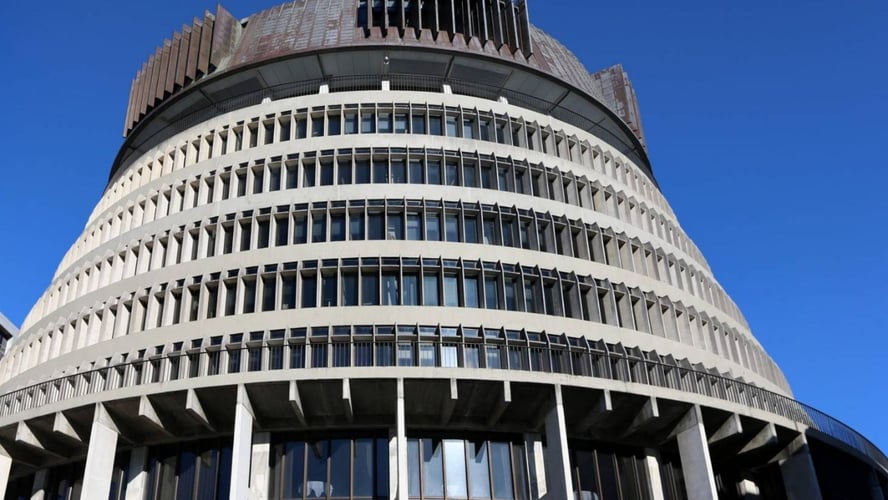
Indoor and outdoor restriction changes, SME inflation concerns and minimum wage changes dominate today’s new round-up.

Stuff reports on Prime Minister Jacinda Ardern’s removal on outdoor gathering limits and the limit for indoor gatherings doubling to 200 under the red traffic light setting.
Most Covid-19 restrictions will have gone by early April but indoor venues want clarity on when their events can go ahead. The country would review its traffic light setting on April 4, she said.
‘Entertainment Venues Association of NZ (Evanz) board chairman Mark Gosling said the events industry had not expected there to be any sudden change in alert level but wanted clarity on when bigger indoor events would be possible.
‘Gosling said there was “surprise and gratitude” outdoor stadiums could now operate as normal, especially coming into the Super Rugby season.’
Stuff also reports that ‘Retail NZ wants the Government to tighten, or remove, its mask rules as part of wider changes to the Covid-19 framework.
QR code scanning will also no longer be a requirement, and vaccine mandates will be narrowed to cover only health, aged care, corrections and border workers, from midnight on April 4.
Retail NZ chief executive Greg Harford welcomed the news that vaccine passes and QR code scanning would no longer be required in cafes and close personal services like hairdressers and beauty services.
“Moving to a greater sense of normality, is a good thing for the retail sector, including shops, cafes, hairdressers and beauty services. Many customers have been reluctant to get out to the shops over the past several months, out of a fear of Covid,” he said.
“However, the continued requirement for customers to wear masks, while effectively making them optional via an incredibly loose self-exemption process, creates significant tension, and a flashpoint of aggression for many customers.”
Scoop announces that inflation is a concern for 33% of SMEs, quoting a new report by the US Chamber of Commerce – and outlines five ways to counter it.
‘Small businesses across the country are being negatively affected by the interconnected challenges of supply chain disruptions, worker shortages and rising inflation; though the latter is hitting SMEs particularly hard. That being said, inflation is by far the most worrying issue SMEs are being presented with, and one in three businesses ranks it as their highest concern.’
‘85% of small business owners say they are concerned about the impact of inflation on their business, up from 74% last quarter.
One in three (33%) small business owners now rank inflation as their highest concern.
In response to inflation pressure, 67% of small business owners have raised prices.’
Business.govt.nz has set a reminder that the new minimum wage rates change on 1 April 2022. Before tax, these are:
Adult – $21.20 an hour (up from $20.00)
Starting-out – $16.96 per hour (up from $16.00)
Training – $16.96 per hour (up from $16.00)
It advises:
‘If you do have staff on minimum wage, send them a letter or email to let them know about the increase.
If any workers are on starting-out or training wages, now is a good time to check when they’ll be eligible to move to the adult rate.
If you pay staff minimum wages, recalculate your budget for the rest of the year, as you’ll be paying out more in wages. To work out the updated cost of your employees, use the Employee cost calculator.
Check that any affected employment contracts are updated.
Talk to whoever runs your payroll system to make sure they’re ready for the changes.’
For more business ownership and leadership advice, check out more of our blogs.
For information on how The Icehouse’s programmes, workshops and coaching and advisory services can help your business, click here.
Icehouse Alumni – for exclusive content on Icehouse Central, register now. Follow this link.


